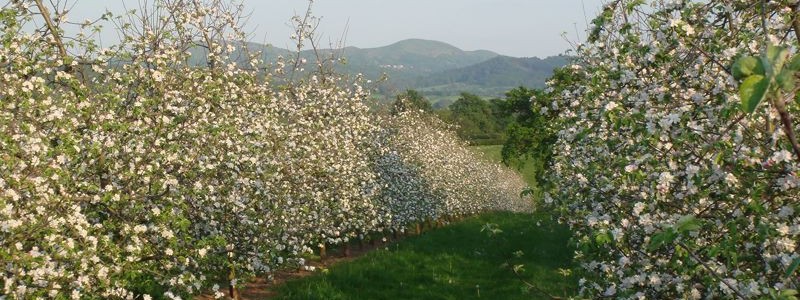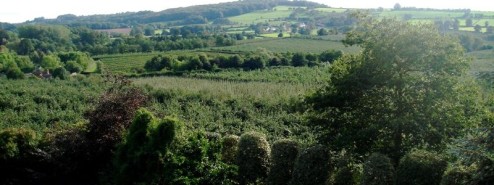
At Stocks Farm we take very seriously the impact farming has on the local environment. We make every effort to consider this in all of the work undertaken on the farm. We also take part in several environmental initiatives listed below.
Our approach to sustainability is neither overly conservative nor too extreme. We try to act in an environmentally friendly way, using sound practices while still managing to produce a profit. We believe that good farming practices can deliver excellent quality produce as well as looking after our countryside. Our farm’s long-term environmental and economic future is really important to us.
We work continually to improve our practices, being sensitive to our local environment. Most of all we value and respect our employees, consumers and local community. As part of our efforts to maintain sustainability we try to look at the long-term gains not just the temporary ones.
The key to our success is:
- Maintaining well-structured fertile soils
- A clean and plentiful water supply
- Minimizing use of crop pesticides and fertilisers
- Keeping the farm clean and tidy, whilst protecting historical and architectural features
- Aiming to produce less waste with responsible disposal
- Working with environmental and social strategies that increase yields, soil productivity, and benefit animal health

The Local Environment
These are just some of the things we do to protect and maintain our farmed environment
- Hedgerows are only cut before the 28th Feb and after 31st August to protect nesting birds
- We cut hedgerows bi-annually, apart from those by the road-side which we need to cut for safety reasons
- We leave a minimum of 2 metres from the center of the hedgerow when cutting grass, to allow wild flowers to grow and wildlife to thrive
- We do not apply any artificial fertilisers, pesticides or fungicides to these areas, so they remain a natural environment
- Many “waste” products from our crops (e.g. pruning, manure, green waste) are incorporated as a highly effective natural manure and mulch, reducing the need for artificial fertilisers
- Spraying pesticides is only carried out when fully justified and where suitable non-chemical methods are not possible
- Spraying fungicides in the growing season takes place regularly but is not harmful to insects. It only targets fungal growths e.g, mildews and scab
- We do not use any broad-spectrum insecticides and they have not been used for more than a decade
Bees are fundamental to successful food production and it is our priority to protect bees and their natural habitat. We do our best to protect them and their environment.

